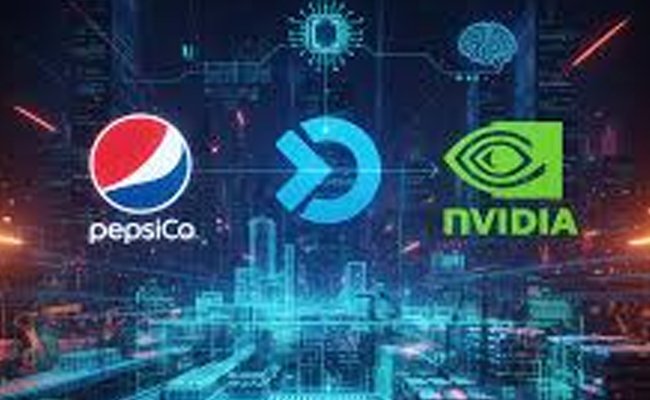Enterprise Tech Transformation in 2025
In 2025, enterprises are embracing advanced technologies that prioritize efficiency, security, and innovation. Agentic AI, which enables systems to autonomously plan and execute tasks, is revolutionizing sectors like customer service, logistics, finance, and software development. To manage this AI integration responsibly, organizations are deploying AI governance platforms that ensure ethical, legal, and operational compliance across model lifecycles.
Smarter Cybersecurity
Quantum computing is transitioning from theory to practice, with industries such as finance, healthcare, and cybersecurity preparing for its impact. This includes investing in post-quantum cryptography and piloting quantum projects. Meanwhile, AI is enhancing cybersecurity through intelligent systems that detect and respond to threats autonomously. Data privacy remains a key focus amid increasing regulatory scrutiny. Enterprises are shifting from traditional perimeter-based security models to identity-first frameworks emphasizing zero-trust principles, real-time authentication, and fraud prevention to maintain brand trust.
Creating a security-first culture involves integrating cybersecurity into all aspects of the organization. Executive involvement is crucial—linking cyber hygiene to performance metrics, conducting breach simulations, and ensuring regular training. Interactive modules and in-app guidance empower employees to make secure choices, while communication platforms issue real-time alerts about security risks.
The Evolving CIOs
Workplaces are adapting with hybrid environments supported by AI-driven collaboration tools, virtual experiences, and productivity analytics. Multi-cloud strategies are also being optimized for better performance, compliance, and cost-efficiency.
The role of the CIO has evolved significantly. CIOs are no longer limited to IT operations but act as strategic enablers driving digital transformation aligned with business goals like customer satisfaction, sustainability, and revenue. They manage AI “factories” that democratize data access and promote ethical AI practices. CIOs also play a key role in digital trust and governance, working closely with CISOs and DPOs to manage regulatory compliance, partner ecosystems, and digital workforce development.
Technology Leadership Converging on Digital Trust
Technology leadership roles are converging to focus on digital trust:
◆ CIOs become “Impact Officers” overseeing AI governance and ESG strategies.
◆ CTOs act as “Innovation Architects” spearheading quantum and generative AI efforts.
◆ CISOs evolve into “Cyber Resilience Strategists” focused on global threat defense.
◆ DPOs emerge as “Chief Trust Officers” ensuring ethical data use and regulatory compliance.
Together, these leaders form Digital Trust Councils, guiding responsible, secure, and resilient digital transformation.






